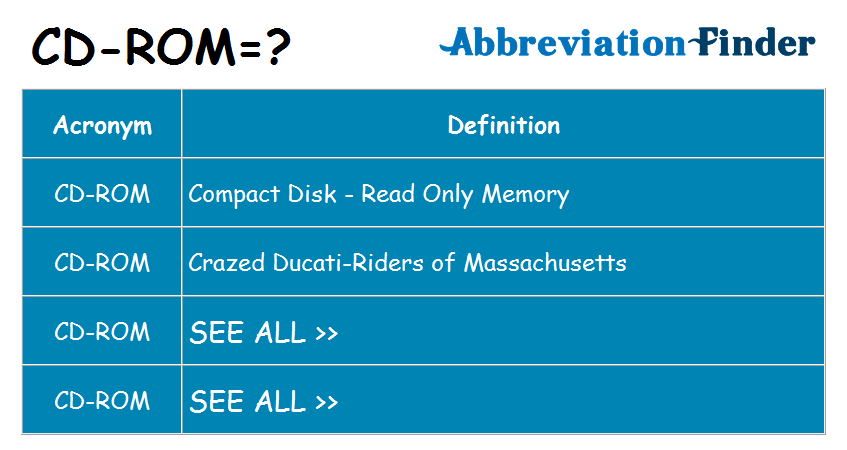What is CD-ROM?
CD-ROM is the acronym for Compact Disc Read-Only Memory, an electronic component that stores information in a compact format that can only be read but not recorded by the user.

As a rule, the contents and information contained in the CD-ROMs are already recorded by the manufacturers, ie the user can not perform any type of recording or editing of the material inserted in the CD-ROM.
The CD-ROM was created in 1985 along with the invention of the Compact Disc (CD), precisely for the purpose of storing a large number of information in a compact space. The ROM nomenclature comes from ROM Memory, ie flash or flash memory. This invention has been patented by Sony and Philips electronic brands.
Any type of data can be stored on the CD-ROM, from text files, photos, videos or music.
There are two main categories of CD-ROMs: CD-RW ( Compact Disc ReWritable ), which allows the user to record various data on the CD and more than once, functioning as if it were a pen drive; and CD-R ( Compact Disc Recordable ), which allows the recording of contents on the CD by the user, however the recording is permanent and can not be rewritten, as with the CD -RW.
